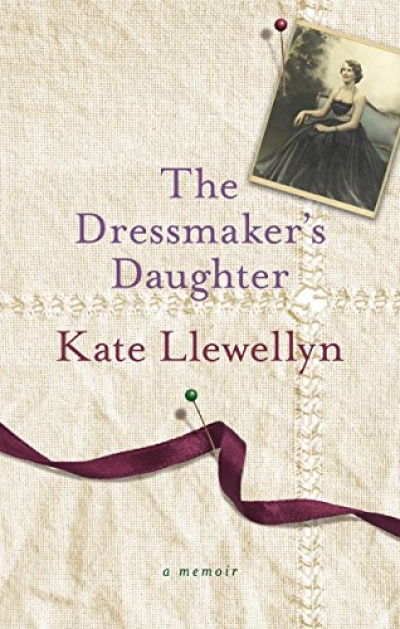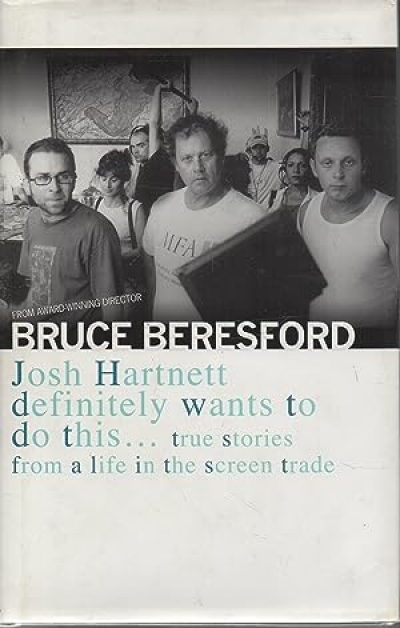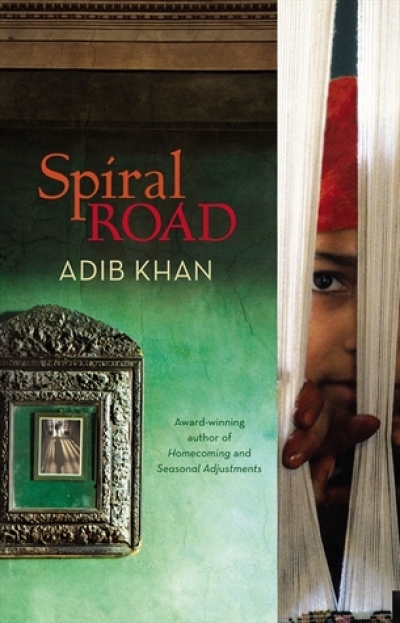Foreign travellers in India face four inevitable questions. ‘What is your good name?’ is usually followed in rapid succession by ‘Where are you coming from?’(meaning from which country), ‘Are you married?’ and, finally, ‘What is your religion?’. Backpacking through India twenty years ago, the first three questions presented few problems. My name was easy, Australia was recognised as a cricket-playing country, and I was young enough for my lack of a wife to be passed over as a matter of only mild embarrassment. The fourth question however, proved tricky. Usually, I gave the technically correct answer that I had been baptised into the Anglican Church – a reply that generally satisfied my interlocutors and not infrequently led into rambling, good-natured discussions about the similarities between the world’s great faiths. Once, I ventured a more honest response. ‘I am an atheist,’ I told a couple of friendly young Indian men on a long train journey. ‘I do not believe in any God.’ Their shock was palpable. It was not so much my spiritual deficit that appalled them as my arrogance. How could anyone have the audacity to declare that God did not exist? Our conversation never recovered. In response to all future interrogations, I retreated to my dissembling line about Christianity. The experience did not shake my disbelief, but it did serve to engender a greater respect for the question. Religion, I belatedly realised, is an important matter.
...
(read more)










